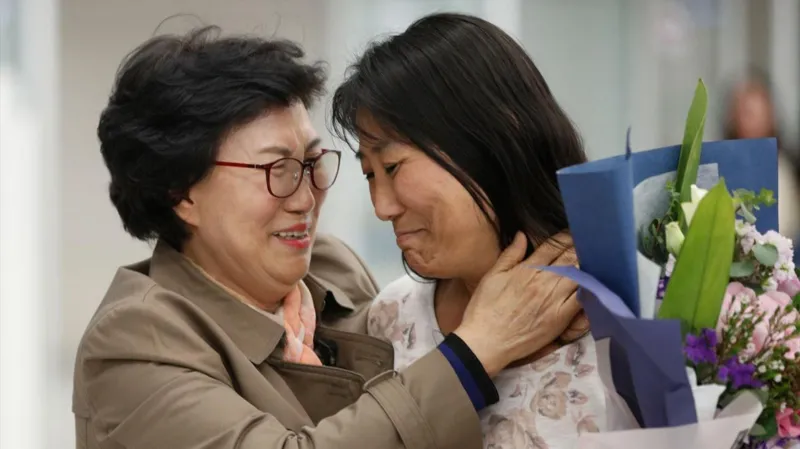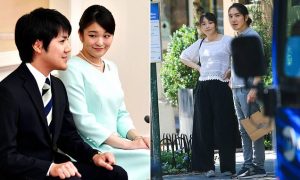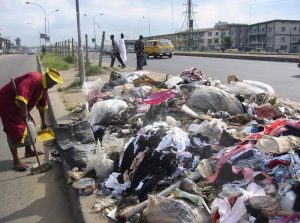
In 1975, Han Tae-soon’s six-year-old daughter, Kyung-ha, vanished from their Seoul home. What began as an ordinary day ended in heartbreak when Ms Han returned from the market to find her child missing.
“I asked, ‘Aren’t you coming with me?’ She said she’d play with friends. When I came back, she was gone,” Ms Han recalled.
For more than four decades, Ms Han searched relentlessly. The daughter she mourned had in fact been abducted, taken to an orphanage, and sent illegally to the United States under the name Laurie Bender, where she was raised by an American family. Their emotional reunion finally came in 2019, thanks to a DNA match facilitated by the group 325 Kamra.
Ms Han, now 71, is suing the South Korean government for its role in what she describes as the illegal adoption of her daughter. She accuses the state of negligence and complicity in a broader system of fraudulent overseas adoptions—allegations echoed by hundreds of other families.
“No one has ever apologised,” she told the BBC. “I spent 44 years destroying my body and mind looking for my daughter.”
South Korea’s overseas adoption program, which began in the aftermath of the Korean War, has sent an estimated 170,000 to 200,000 children abroad since the 1950s, mostly to Western nations. A recent truth and reconciliation commission inquiry found that successive South Korean governments allowed widespread rights violations to occur, enabling private agencies to send children overseas with minimal oversight.
The March report described a “mass export” of children and alleged instances of kidnapping, falsified records, and human trafficking. In one documented case, a lactose-intolerant child died en route to Denmark after being fed milk on the flight.
Critics have long argued that the program, presented as a humanitarian effort, functioned instead as a profitable and loosely regulated industry. Adoption agencies reportedly set quotas, demanded hidden fees, and fabricated documents to meet foreign demand. Some children were wrongfully declared orphans or swapped to maintain adoption schedules and avoid financial loss.
Ms Han’s lawsuit is one of two landmark cases in which biological parents or adoptees are holding the government accountable. A government spokesperson expressed sympathy and promised to take “necessary actions” pending the outcome of the trial.
The case has reignited scrutiny of South Korea’s international adoption legacy. A 1984 government document even cited foreign adoption as a form of “people-to-people diplomacy” to strengthen ties with Western countries.
Dr. Lee Kyung-eun of Seoul National University likened the government’s role to a ship’s captain: “Adoption agencies exploited the system, and the government turned a blind eye… The government was the captain, and the agencies rowed the boat.”
Since 2012, South Korea has implemented adoption reforms, including tighter regulations and plans to shift adoption authority from private agencies to the state. The new system will begin in July. Meanwhile, the number of overseas adoptions has dropped significantly—only 79 were recorded in 2023.
Yet for families like Ms Han’s, these reforms come too late.
Despite reuniting in 2019, Ms Han and her daughter—now Laurie Bender, a nurse in California—have struggled to reconnect due to language and cultural barriers. Ms Han now spends hours each day practising English, writing phrases like “I’m so sorry” and “confused” in a notebook.
“Even though I found my daughter, it doesn’t feel like I’ve truly found her,” she said. “All I know is where she is. But what good is that, if we can’t even communicate?”
As South Korea reckons with its past, Ms Han and others continue to fight—not just for justice, but for closure in the wake of decades of separation and grief.







